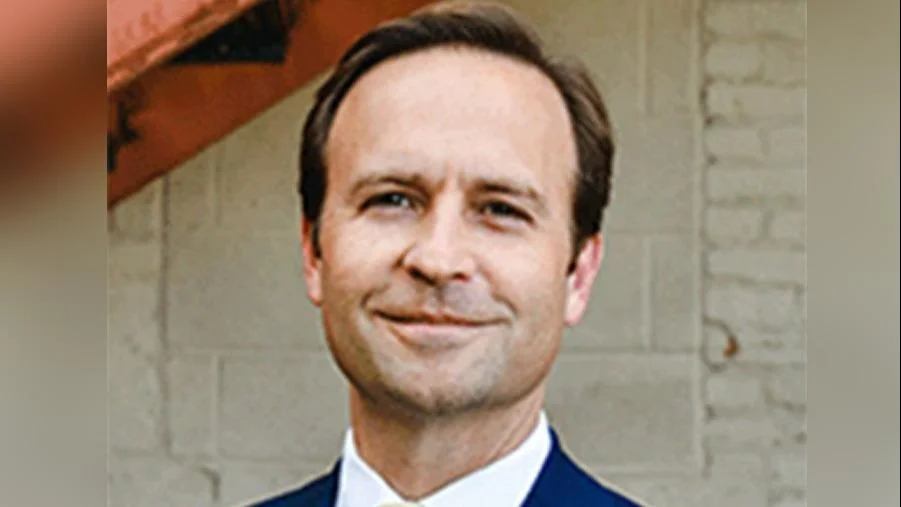Brian Calley President and Chief Executive Officer at Small Business Association of Michigan | Official website
Brian Calley President and Chief Executive Officer at Small Business Association of Michigan | Official website
The Citizens Research Council (CRC) has highlighted the impact of provider taxes on Michigan’s Fiscal Year 2026 budget, noting that when these taxes are included, the state budget totals $84 billion. Provider taxes are levied on health insurers, ambulance services, and hospitals and then returned to these entities as higher Medicaid payments.
Excluding these Medicaid-related taxes, the FY 2026 budget stands at $74.6 million. The budget process this year was delayed due to negotiation difficulties between the Democratic-controlled Senate and Republican-led House.
Bob Schneider, senior research associate at the Citizens Research Council of Michigan, explained during a CRC virtual presentation that provider tax revenue is used to draw federal funds into the state’s Medicaid program. "We get revenue from that tax. We use that revenue to draw federal funds, probably better than $2 federal to every $1 state…there’s a big multiplier effect when we bring revenue into the Medicaid program," Schneider said. "Then most of that money gets passed back to those providers in the form of an enhanced Medicaid reimbursement."
Schneider previously worked as director of the health and human services office at the State Budget Office and as associate director for the Michigan House Fiscal Agency.
Recent changes at the federal level have also affected how states can use provider taxes. In early July, President Donald Trump signed the One Big Beautiful Bill Act (OBBBA), which tightens federal Medicaid costs, maintains tax cuts from his first term, and increases funding for immigration enforcement. OBBBA aims in part to restrict what critics call “money laundering” through inflated Medicaid matching funds via provider taxes.
Schneider noted that OBBBA's reforms put immediate pressure on insurance provider assessments (IPAs), impacting health plans that manage Medicaid benefits in Michigan. "We were going to lose the insurance provider assessment . . . we would lose $450 million in current revenue that helps draw federal funds to support Medicaid, and we would have either needed to absorb that Medicaid cut, or we would have needed to find other revenue somewhere else," he said.
Legislation related to implementing the budget includes HB 4968. According to Schneider, this bill instructs Michigan’s Department of Health and Human Services (DHHS) to restructure assessments so that no single group—such as Medicaid health plans—is taxed more heavily than others. This change was necessary to comply with OBBBA restrictions.
He added that DHHS has submitted a waiver request to federal authorities explaining how it will ensure parity between Medicaid health plans and private insurers under the new tax structure. This move aims to avoid losing $450 million in healthcare revenue.
"I don’t know if it’ll happen next week or in a month or in six months, but when the federal government says, ‘look, this tax needs to end,’ the legislation says ‘DHHS, you have the authority now to . . . tax everybody the same, submit a new waiver that says we’re going to change our tax structure, and this structure will comply with your strict rules,’" Schneider said.
For fiscal year 2026, Michigan expects about $6 billion in provider tax reimbursements tied to hospitals and $3.3 billion related to insurers.
More information can be found by visiting SBAM's News & Resources page.






 Alerts Sign-up
Alerts Sign-up